About Angelique Slob
![The role of trust in a high-performance culture- Angelique Slob [Interview]](https://assets-global.website-files.com/62d84b3d3ba446b2ec041a19/62d84b3d3ba446ed4704246e_1_7VlwsPGM2OAvGqqhoxSXCA-683x1024.jpeg)
Angelique Slob is a People and Culture strategist and founder of Hello Monday Club supporting tech companies. She is the founder and CEO of Hello Monday Club - a boutique consultancy agency, working for a global client base.
She is a strategist and inspirational leader, and a speaker who shares her mission on stages around the world on topics such as Remote Strategies, Empowered teams, and Next-generation organizations. We are extremely happy to have someone of her stature on our interview series today.
Sumitha Mariyam
![The role of trust in a high-performance culture- Angelique Slob [Interview]](https://assets-global.website-files.com/62d84b3d3ba446b2ec041a19/62d84b3d3ba4464b4b04241c_Sumitha.jpeg)
We have the pleasure of welcoming Angelique Slob today to our interview series. I am Sumitha Mariyam from the peopleHum team. before we begin just a quick introduction of peopleHum. peopleHum is an end-to-end, one-view, integrated human capital management automation platform, the winner of the 2019 global Codie Award for HCM that is specifically built for crafted employee experiences and the future of work.
We run the peopleHum blog and video channel which receives upwards of 200,000 visitors a year and publish around 2 interviews with well-known names globally, every month.
Sumitha
Welcome, Angelique. We’re so happy to have you.
Angelique
Thank you so much. Thank you for having me and for the beautiful introduction.
Sumitha
It's absolutely our pleasure. And moving on to the interview series now, the first question I have for you, Angelique,
Can you tell us a little bit about the journey? What brought you to Hello Monday Club today?
Angelique
Yeah, that's a good question. Thank you. I think it all started probably around 15 years ago. I was working in Human Resources as a Human Resources director and a manager and I am from the Netherlands and we had the new way of working as a movement and that was quite, I think, probably at that time it was on its peak.
And the new way of working is a movement that's all about more flexibility and freedom for employees and in the workspace, so moving away from traditional office spaces as well, with then more adjusted, different kinds of workspaces for people to be more productive and feeling better and make better connections and I got really involved in it and I so much believed in the concepts, and I really felt this is something that we should bring into corporate organizations.
So I started to get those concepts but what I noticed is that a lot of companies have difficulties, in my view, the most crucial parts of the new way of working and it was managing results and building a culture of trust, so you could see that people, for example, are working from home. But there are control mechanisms to see if they would be actually working.
Well, I would say well, I think what we should be doing is, defining the results and trusting the people that they are actually gonna achieve those results. And if they have difficulties, we should help them and coach them to make sure that they can perform instead of control them.
I got really fascinated by that area because a lot of people, also critics said, managers are afraid to lose control or to give away control and trust is difficult. I was like, what? I'm really wondering why is that? And that question was basically the start of my journey because it brought me to you.
I was exploring new ways of working alternative organizational concepts and organizational change, that's in my studies - Organizational Sociology. In my master thesis, I ended up researching the most optimized organizational contexts for innovative knowledge workers. So the idea was like, innovation and knowledge is necessary to be a lot of trust.
And then they need a visionary leader. And they need to know what the results they need to deliver and even in innovative companies, you could see that there are also other management structures and paradigms in place that were blocking organizations from being actually successful.
"Even in innovative companies, you could see that there are also other management structures and paradigms in place that were blocking organizations from being actually successful."
So all this experience and I wanted to become real and also have a bigger impact on working with different companies. And I started, I moved on with my journey. I also worked a lot with startups, and then I ended up founding Hello Monday Club as my Consultancy Business officially in 2018 but before that, I was already working in this area. And yes, it is about progressive HR and how it is spread about and how working new managements look. So I have a good connection with peopleHum as well, in that area. Yeah.
Sumitha
That's like, I mean, that's a wonderful journey you’ve had there, and with all these rations coming along.
So, Angelique, we have this crisis, this pandemic right now. And all teams are right now working from home. Every single person is working from home. So according to you, what are the most important things to keep in mind so that we can empower a team that is working remotely?
Angelique
Yeah, what I've been realizing, so two things I think people have been saying that, is that, working from home in this space, it's working from houses’ spaces. So a lot of people didn't prepare organizations for no bags. Of course, people have to deal with either loneliness and isolation or having families around them.
It's, so it's not an optimized remote working area. I think that that’s trust to people, also to, a little bit further, let go of time and present, but that is translated often in the remote setting to availability. So people still have an idea that any availability between nine and five in the normal office hours, especially in the crisis situation, it’s very difficult.
I think it's the very best opportunity now to move to a more results-driven approach, to say okay, for this month, next month, let's just define the actual results that are critical for the business to move fast, and we trust you to work on these results. There are balls, other balls that you can drop, but please make sure these are the key results. And let's find a way to make that happen, move to more synchronous communications, so people can work on specific time frames that work for them.
"Move to more synchronous communications, so people can work on specific time frames that work for them."
So those are the things that are very important for, especially in this crisis situation. Moving a little bit, a few months in the future. I think for some reason, that's earlier than others. And also working with clients that realize that it’s very difficult to make policies and strategies and give answers on the question, What's next? And copy with my clients and what we’ve been advising is to say, it's probably better to broaden the context as an organization and manage your teams to define and shape the all-ways of working.
"It's probably better to broaden the context as an organization and manage your teams to define and shape the all-ways of working."
People have been through a very steep learning curve in the last 2 to 3 months. People have been learning how to be productive in a distributed team, how to collaborate and it's a waste to turn to a full normal, especially where the pandemic didn't finish yet. So even if the offices open up again, I think it's very important to empower people to find their own ways of working and also when they are actually going to come back to the office. Having more eye for individual needs and team needs.
Sumitha
Yeah. That’s so right and I think a huge part of your answer covered the communication and collaboration part of what is really important at this time. So that's wonderful.
Also, a lot of organizations of today, they are struggling to build a good organizational culture for themselves. So for such an organization, what would be your advice to build a resilient culture?
Angelique
Yes, I think, a resilient culture also has to do a lot with trust and high autonomy. So, giving people empowerment and the tools that we have today are great because I think the tools are there. The technology is there, the people are a little bit behind but it's normal because our behavior changes, it's slow than the technology developments.
So to definitely work on that I think again empowering people to create their own ways of working. Give them permission to come up with their own solutions, obviously fitting within the overall organisational strategy in the bigger context, that's also important. But I think most is to give people that freedom and say, look, we don't know what's gonna happen next. We don't know how long this situation is gonna last.
The important thing is that the business goes on and that the people are so gonna be performing and happy and stay on boards. So building more flexibility, putting responsibilities lower in the organization. These are the key points to focus on, and that will lead to more resiliency and agility overall.
Sumitha
That’s wonderful.
And right now we have a lot of organizations that are like, says that are all about the employees and employee-centric, but it's actually very business-centric. And a lot of business organizations are just business-centric by themselves. Do you think they're missing out on a lot of other things? What do you think they're missing out on?
Angelique
I think there's always two ways because those employees are part of your organization. So they want to be part of the business, and reach the business goals as well. So I think it's not two contrary directions, that's always I really used to say, as an HR manager. I got a lot often the question asking like, 'Oh, as an HR manager, are you there representing the employees or the organization?' So, well, both because now we’re all part of the same organization.
You should have the same goals. Obviously, people in different positions also have different sub-goals and they have their own needs. What I can see and what I think is the next step, the best way forward or maybe the only way forward is to keep, to put the business goals very, very clearly, and it could be on a mission level.
So we are here to save the world, to do better because this is our mission. The mission is really good, it connects the employees also on the level and then again puts on a team level or a business unit level, dependable goals that people keep. These are the results that we want to achieve, working together on goals, and giving people autonomy to how to reach those goals will empower them and will give them personal fulfillment.
"Working together on goals and giving people autonomy on reaching those goals will empower them and will give them personal fulfillment."
So, that will also create a culture.
There are gonna be more people, if you give people freedom of possibility, they can also move and they will be more successful. So the thing to do it right, it's you, actually, you think because, thank god that everything collides. So it's not something that this (shows one side) is the business needs and this (shows other side) is the employee needs.
They actually, they collide, for example, people who want to have more freedom and flexibility, and organizations have difficulties attracting talents. So if you start to put remote working and distributed teams in it and get more freedom, the employee accepts. So, a lot and this is the strategic part of thinking. So if you choose this solution, you will satisfy individual needs, team needs, and organizational needs.
Sumitha
Wow, that’s wonderful. And I think it’s all about finding that connection and working for it, that’s wonderful.
And we are using a lot of technology right now, especially at this time, and technology has been disrupting the way we work right now. So, what do you think is the role of technology and digital in, let's say, the inclusive workplace of the future?
Angelique
That’s a really nice question because I think technology is enabling inclusivity and diversity.
"I think technology is enabling inclusivity and diversity."
So much that I think it’s the missing link. So, for example, at a traditional workspace, the traditional workplace, so the offices were built, the first offices were built around the factories because before that, we didn't have offices, we didn’t need offices. So we had factories and then we needed offices. So even the eight-hour working day was connected to the factory working day and also who was working there.
They were like the men, the male breadwinner left the house in the morning and went to work and came back in the evening. And that’s, especially if you look at the history, it's not inclusive at all. It's usually for men. It's people that are healthy, that can work, that can be away from home for a full working day.
And that was automatically excluding a lot of people, obviously, because of different developments in the work, we have a lot more female participation and also for other people, more participation. But going like, using technology smartly and moving away from the traditional office was going to a more global, remote work setup. It’ll increase, it’ll accelerate diversity.
So people from different parts of the world, people from, that live even in the country but that live far away from the biggest cities that are bound to take care of their family, their children, their parents, that want to have a few goats to make their own cheese and in cans.
You can allow those people to have a fulfilling career and develop themselves professionally and also have different projects going on, different other things, they can be more creative, they can spend more time with the family, and that allows them, in turn, become better at their work because they will be bringing in diversity. And the diversity will increase in turn as well.
Sumitha
Oh, that’s an added perspective to it. I think how technology enables the whole diversity and inclusion in the workplace, that’s a wonderful answer.
And with the increase in the millennial workforce and even before that, we see a rising trend and that is the gig economy, So, we have a financial crisis coming up. And do you think the gig economy is actually here to stay?
Angelique
Yes. I think the gig economy, I came across an article lately that was calling it the talent economy. And one of my friends who has a product-related in that area, we talked about it a lot, and she said, she used the term, she said, companies can specifically allocate talents to certain roles, to certain projects. So, because the work is getting more complex and the needs of a company are changing so you can have a project that's three months, you can have a project that is six months. You probably need different brains, different skill sets and different kinds of energy to bring people to the table.
Also, because of the complexity of work for example, a marketing person, the marketing and all is like so many specialties in itself and we just try to find one person with a job description, we. have to do all this and this is your profile and so, if you just take all those little tasks and specialties and allocate them to probably remote freelancers. You can be more successful because you can actually pick the people. And these are fresh teams, I have been working in a few fresh teams lately.
In the last few years, the teams have just come together, working with technology in the right way. So, it is not just moving and on-site work environment to an online work environment, but keeping everything the same, but changing the way you work in online collaboration, in looking at strategic resource planning, in looking of the election of talent, in looking at making how to come to your results and what resources you need and being able to facilitate and ordinate that.
That is actually the way we’re moving right now. So yes, the gig economy is here to stay, and it's gonna be developing, and it's gonna be moving towards that direction, is the most forward way organizations can go. And if you can develop your skillset in that area, you will also be ahead of the curve.
Sumitha
Amazing. Yeah. Angelique, just to kind of wrap up this interview process.
If you have any important soundbites that you’d like to leave our audience.
Angelique
I have already said so much of the things that are I think so important. What I really like, I want to add something, I think more on the more individual level but this is also for organizations. They, people work together and they have energy, they have a drive, things do not happen if people do not collaborate, if there is culture, that is also in them. All those things are based on people's energy and what they bring to the table and what's happening in human interactions.
"People work together and they have energy, they have a drive, things do not happen if people do not collaborate, if there is culture, that is also in them. All those things are based on people's energy and what they bring to the table and what's happening in human interactions."
And there's a lot of technical things out there. There's a lot of resources and courses and tools, but in the end, it is about the human energy, the human interaction, allowing people to follow their own energy, their own creative processes and the own, giving them that freedom is very important because that will bring an organic, it will create an organic learning organization. And these are frights, forward-thinking principles, almost philosophical. But you can see that shift that people are starting to follow their own energy.
And I think one of the positive side effects of this pandemic might be that people being experimenting with that and experiencing that a little bit, being away from those corporate structures, but no, I'm like, I can master my own day.
I have a lot of freedom to work and to feel when I want to work. If I have creativity, I will use the creativity, but it's not something I can force, if I want to exercise or if I want to sleep, I can do that, allowing all those different parts of the daily work, and helping people to become aware of that energy and how to manage it and how to coach that and how to use that in their own work. I think it's a very important new step for organizations as well.
Sumitha
Wonderful and Angelique, it was an absolute pleasure talking to you and I had a really enriching and learning experience this past 20 to 30 minutes and thank you so much for being here with us and I'm sure our viewers are going to gain a lot of knowledge from this particular interview and let's keep in touch and have a great day ahead of you.
Angelique
Thank you so much. Thank you so much for me.
Sumitha
Sure.
Angelique
Bye.










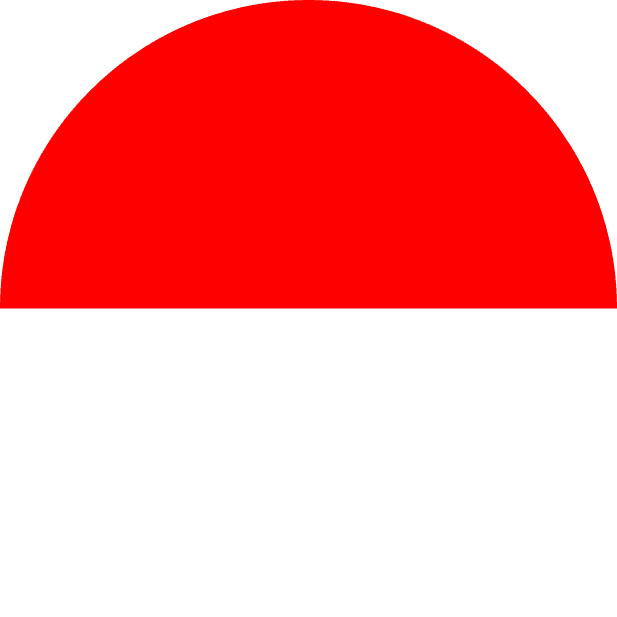
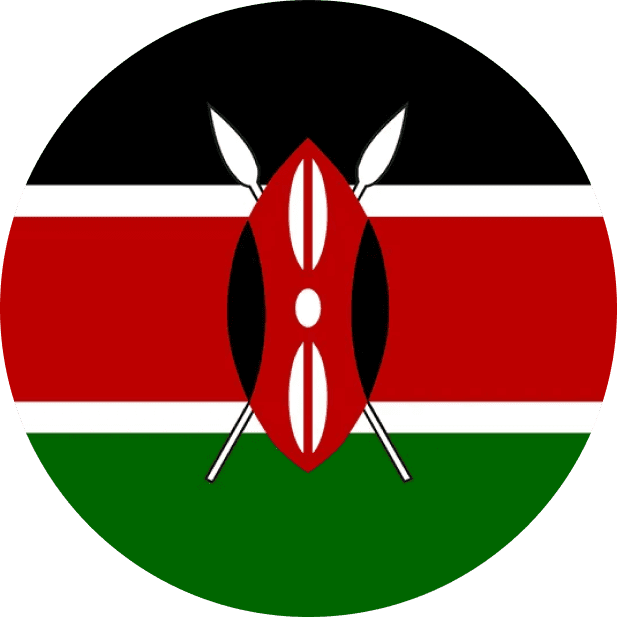




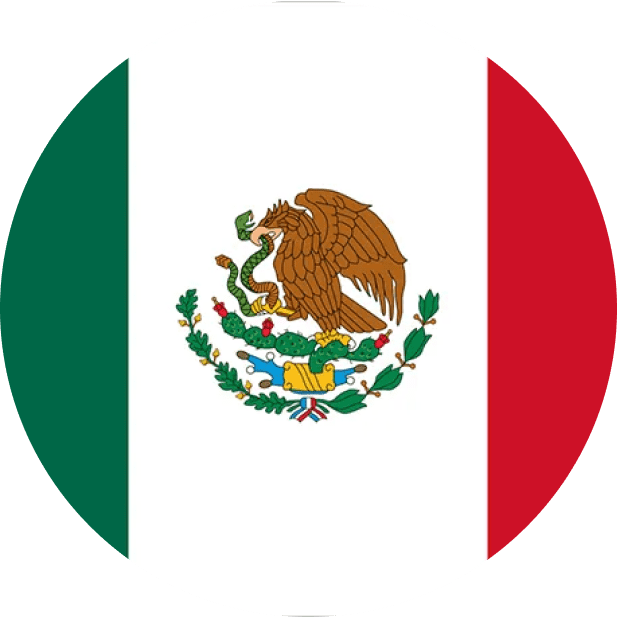

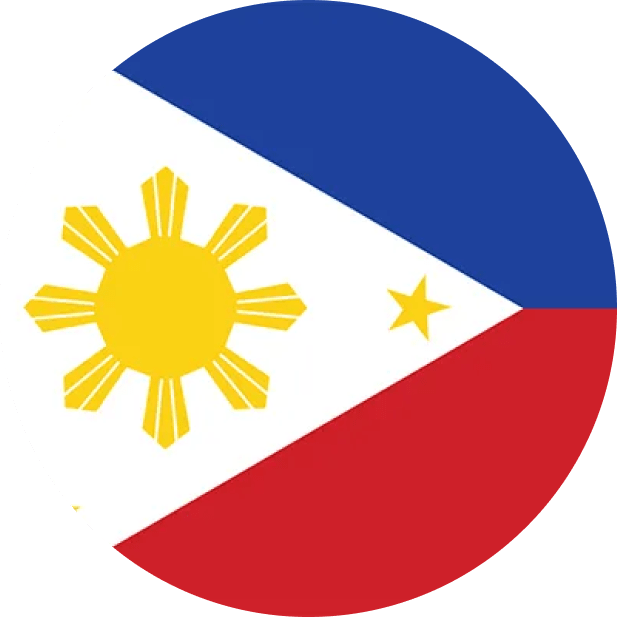


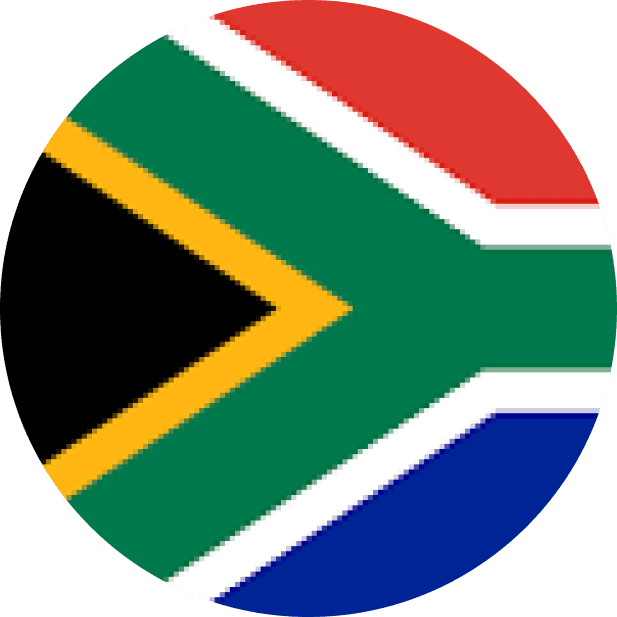



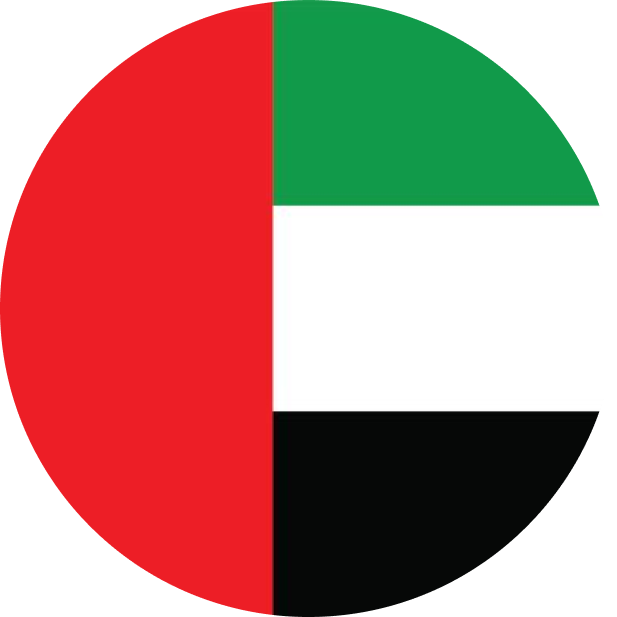





![The role of trust in a high-performance culture - Angelique Slob [Interview]](https://assets-global.website-files.com/62d84b3d3ba446b2ec041a19/62d84b3d3ba44629a1043911_Untitled%20design.png)



.jpg)
![How to stay relevant during a crisis - Rita McGrath [Interview]](https://assets-global.website-files.com/62d84b3d3ba446b2ec041a19/62d84b3d3ba446881d043992_Untitled%20design%20(13).png)
![Transforming adversity into opportunity - Rhett Power [Interview]](https://assets-global.website-files.com/62d84b3d3ba446b2ec041a19/62d84b3d3ba446eee4043850_untitled-design-(4)_optimized.png)












